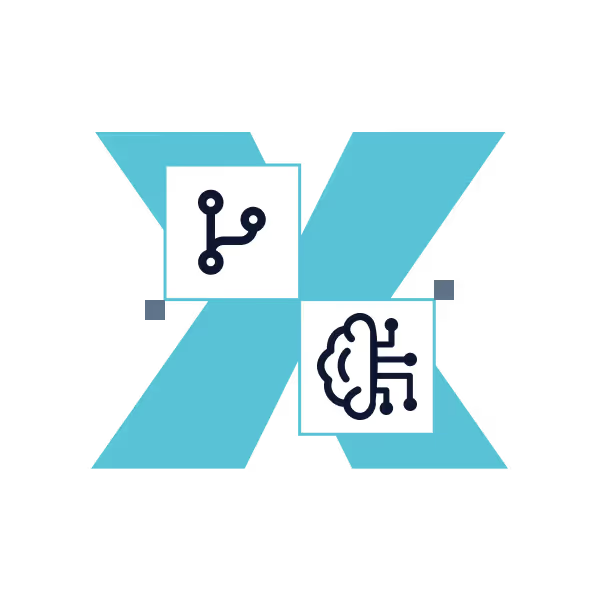Introduction: The Constant of Change
The pace of technological change isn’t slowing down—it’s accelerating. Today’s hot stack is tomorrow’s legacy system. What feels like cutting-edge now might be outdated in just a few quarters.
For engineering leaders, this reality presents a challenge: how do you build teams that won’t just survive the next shift, but thrive on it? The answer isn’t hiring for mastery in today’s tools it’s cultivating adaptability. The engineers who can unlearn, persist, and continuously learn will always be valuable.
This post explores what it means to be “future-proof” as an engineer, drawing on insights from seasoned leaders about how to identify and nurture this critical trait.
The Courage to Unlearn
Lloyd Hsu, CTO at Roofstock, noted that the hallmark of an adaptable engineer is their willingness to “give up something that they spent a lot of time in.”
That’s easier said than done. Unlearning requires letting go of sunk costs, pride, and comfort. It means trading in deep expertise for a beginner's mind all in service of solving new problems.
Consider a backend developer who spent years maintaining a monolith but is now asked to embrace a microservices architecture. Or a front-end engineer who has mastered Angular but needs to switch gears to React or Vue. The shift isn’t just technical; it’s emotional. It takes courage to admit that yesterday’s mastery may not serve tomorrow’s needs.
Unlearning is the gateway to adaptability. Without it, engineers get stuck defending the past instead of shaping the future.
Persistence Over Perfection
Jordan Nemrow, CTO and Co-Founder at Woflow, captured another key dimension of adaptability with what he calls the “90/90 Rule.” It’s the idea that the last 10% of a project can consume 90% of the effort.
Adaptable engineers don’t just chase novelty; they have the grit to stick with a tough problem until it’s solved. They push through the hard edges of integration, the messy realities of scaling, and the endless debugging that comes with complex systems.
Persistence is where adaptability proves itself. It’s not enough to pick up a new tool—you need the stamina to see it through the frustrating final miles of implementation. That’s the difference between engineers who dabble and those who deliver.
Learning How to Learn
If adaptability has a pinnacle skill, it’s this: not knowing the answer, but knowing how to find it.
Kevin Roche, Co-Founder and CTO at Wellthy, puts it simply: “The most important skill to focus on is learning how to learn.” Tools will change. Frameworks will evolve. But the meta-skill of discovery ensures engineers can meet the unknown with confidence.
Leaders can create conditions for this kind of learning:
- Encourage self-directed exploration: Dedicate time for engineers to tinker with new technologies without fear of failure.
- Promote a growth mindset: Celebrate when experiments fail—because they teach more than shortcuts ever will.
- Support structured learning: Provide access to courses, workshops, and certifications that help engineers add new layers of skill.
Learning how to learn transforms adaptability from a reaction to a reflex.
Conclusion: Building the Team of Tomorrow
To build future-proof engineering teams, leaders need to cultivate three traits above all:
- The courage to unlearn (Hsu)
- The persistence to see things through (Nemrow)
- The ability to learn how to learn (Roche)
Mastery of a single stack won’t keep your team relevant. Adaptability will. Investing in this trait means you’re not just preparing for the next wave of change, you’re building a team that thrives on it.
That’s how you create the engineering organization of tomorrow.





